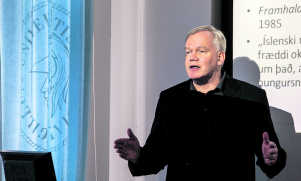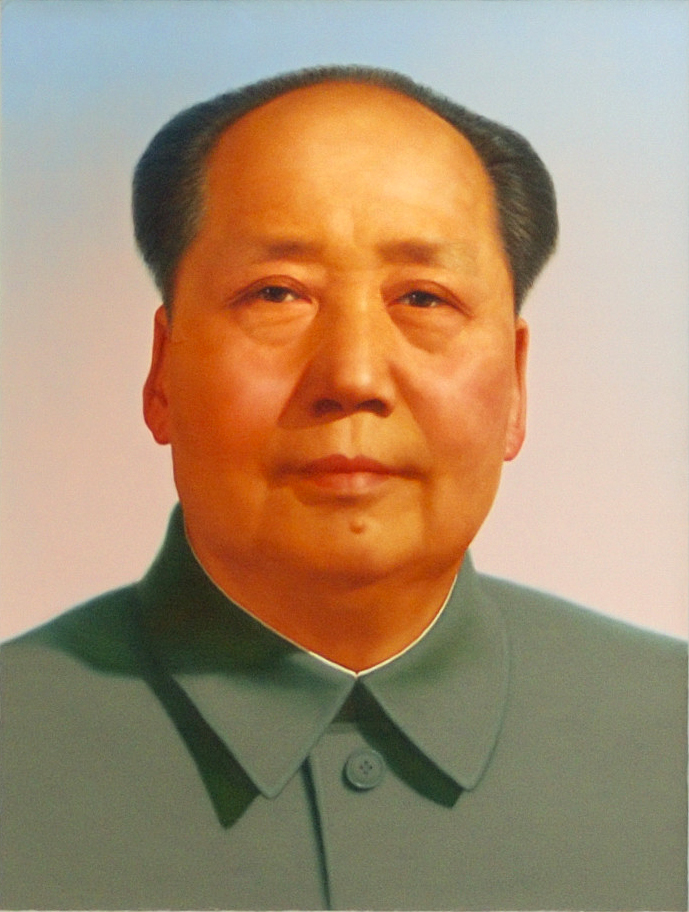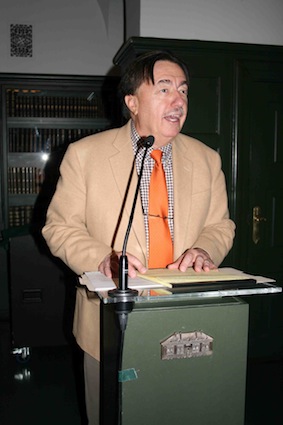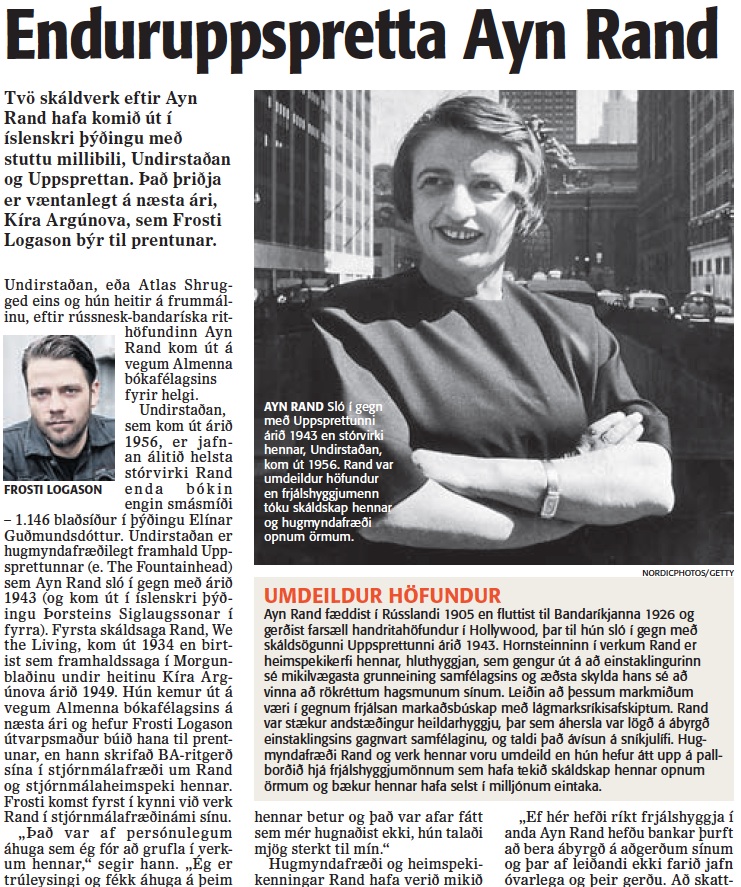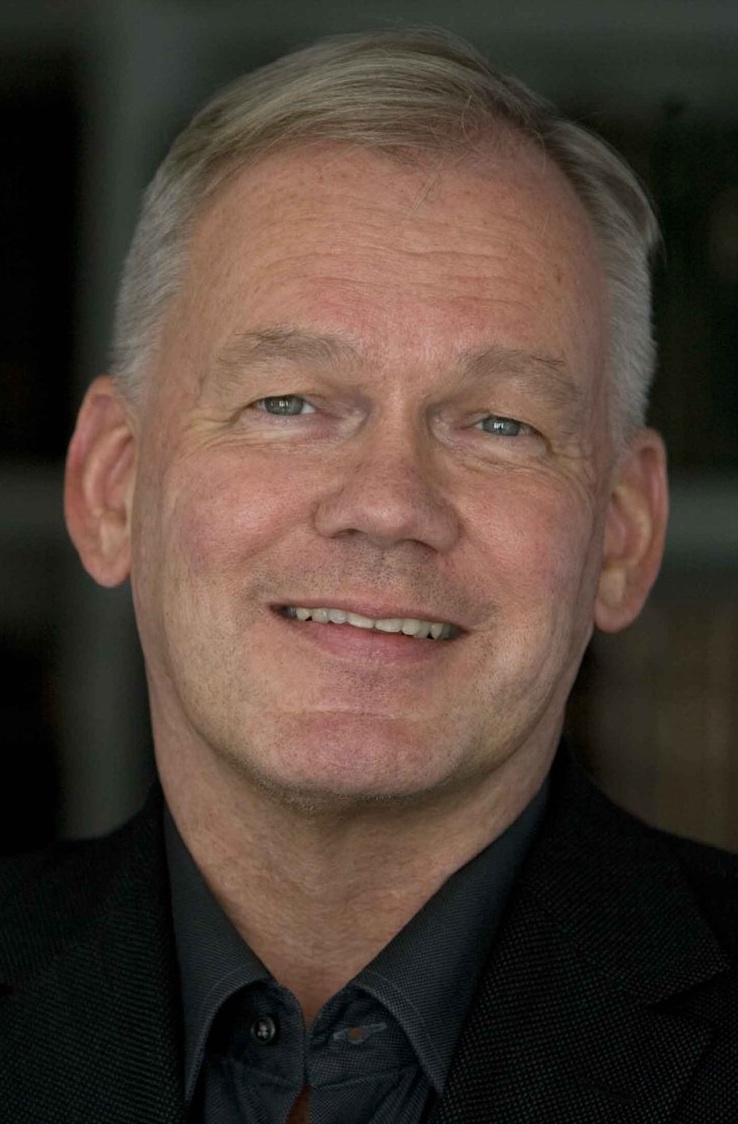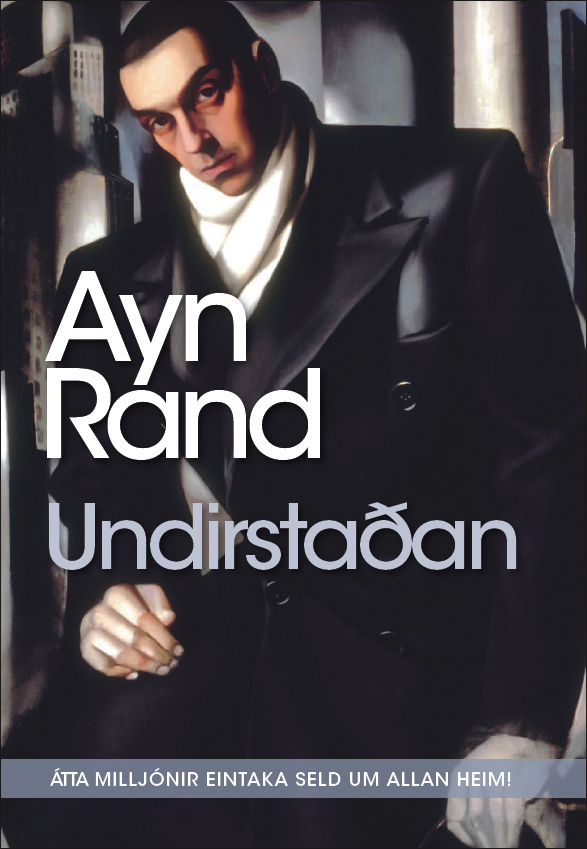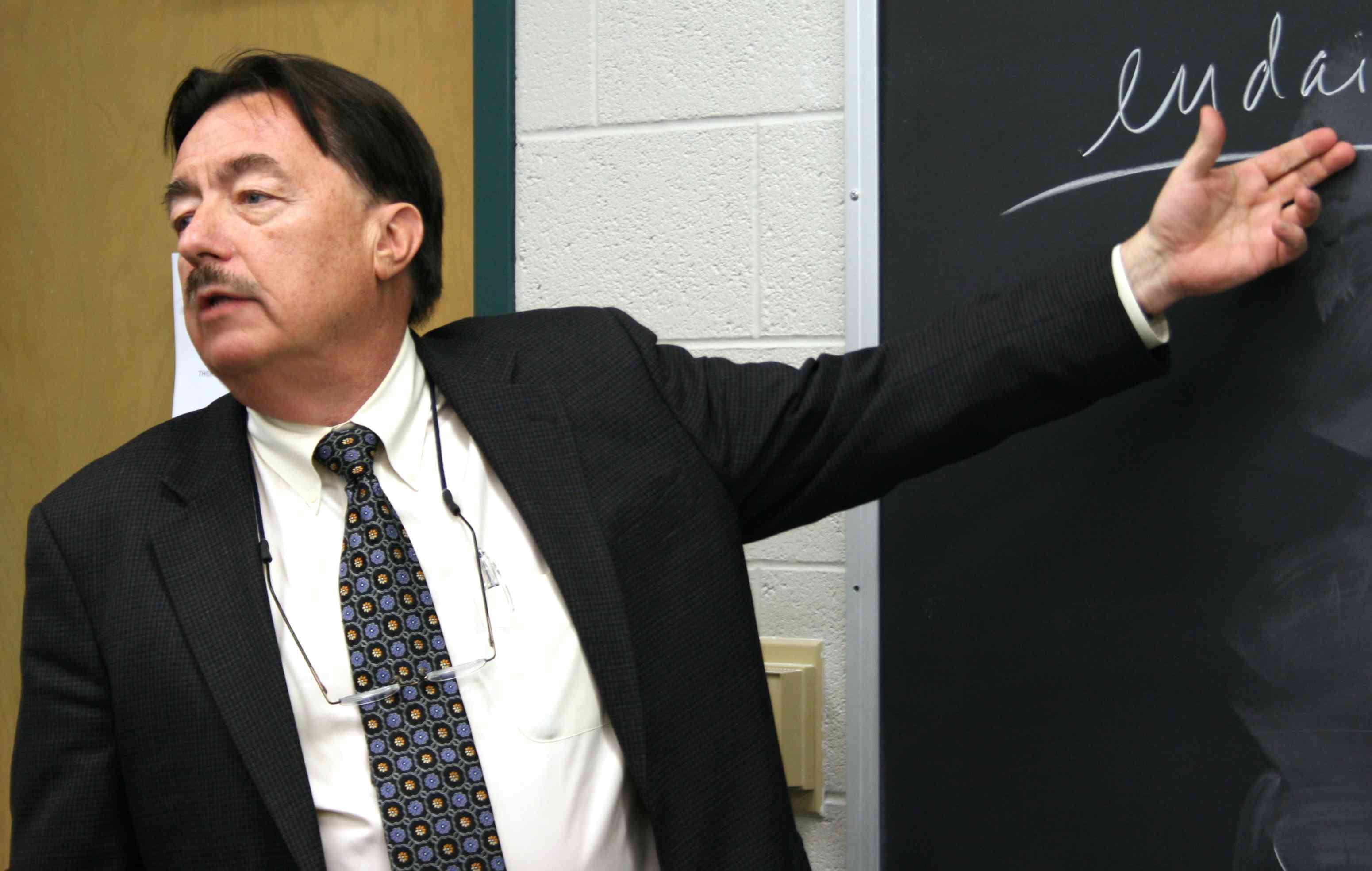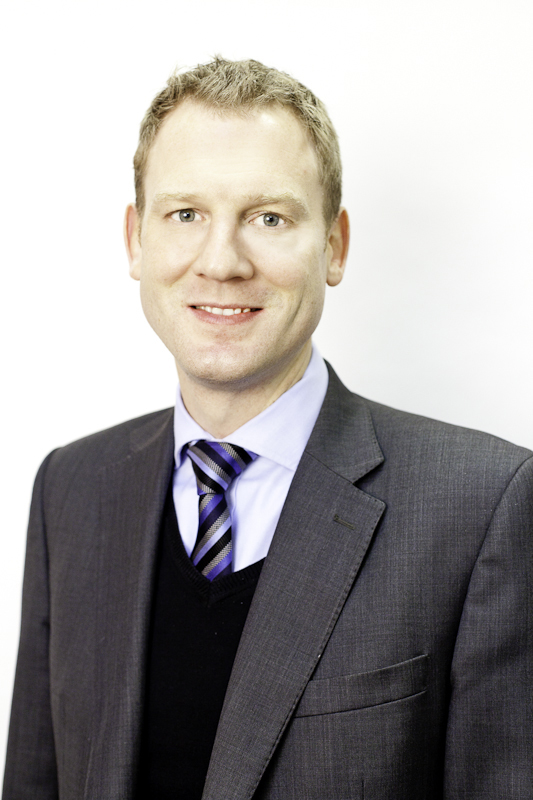 Mats Persson, director of London think tank Open Europe, will give a talk at a meeting held by RNH, The Institute of International Affairs at the University of Iceland and the European Watch, Monday 12 November 12–13 in room 201 in Oddi, the social sciences house of the University of Iceland. The title of his talk is “How Further Integration Could Hurt Europe’s Competitiveness”. Former Justice Minister Bjorn Bjarnason will chair the meeting. Open Europe is a think tank established by British businessmen and maintains offices in London and Brussels. A German sister organisation has opened an office in Berlin. The founders of Open Europe support European co-operation, but are sceptical about further political integration. They believe in searching for a new model for European co-operation, more in tune with modern economic realities and preferences of citizens. The chairman of Open Europe’s board is Lord Leach of Fairford. Mats Persson was born in Bankeryd in Sweden and holds a Master’s degree from the London School of Economics. He has been director of Open Europe since 2010, but was a political consultant before that in Washington DC. He maintains a regular blog on the Telegraph website.
Mats Persson, director of London think tank Open Europe, will give a talk at a meeting held by RNH, The Institute of International Affairs at the University of Iceland and the European Watch, Monday 12 November 12–13 in room 201 in Oddi, the social sciences house of the University of Iceland. The title of his talk is “How Further Integration Could Hurt Europe’s Competitiveness”. Former Justice Minister Bjorn Bjarnason will chair the meeting. Open Europe is a think tank established by British businessmen and maintains offices in London and Brussels. A German sister organisation has opened an office in Berlin. The founders of Open Europe support European co-operation, but are sceptical about further political integration. They believe in searching for a new model for European co-operation, more in tune with modern economic realities and preferences of citizens. The chairman of Open Europe’s board is Lord Leach of Fairford. Mats Persson was born in Bankeryd in Sweden and holds a Master’s degree from the London School of Economics. He has been director of Open Europe since 2010, but was a political consultant before that in Washington DC. He maintains a regular blog on the Telegraph website.
 The whole series of lectures on “Europe, Iceland and the Future of Capitalism”, organised by RNH in 2012–13 jointly with several other institutes and associations, is in co-operation with AECR, the Alliance of European Conservatives and Reformists.
The whole series of lectures on “Europe, Iceland and the Future of Capitalism”, organised by RNH in 2012–13 jointly with several other institutes and associations, is in co-operation with AECR, the Alliance of European Conservatives and Reformists.


